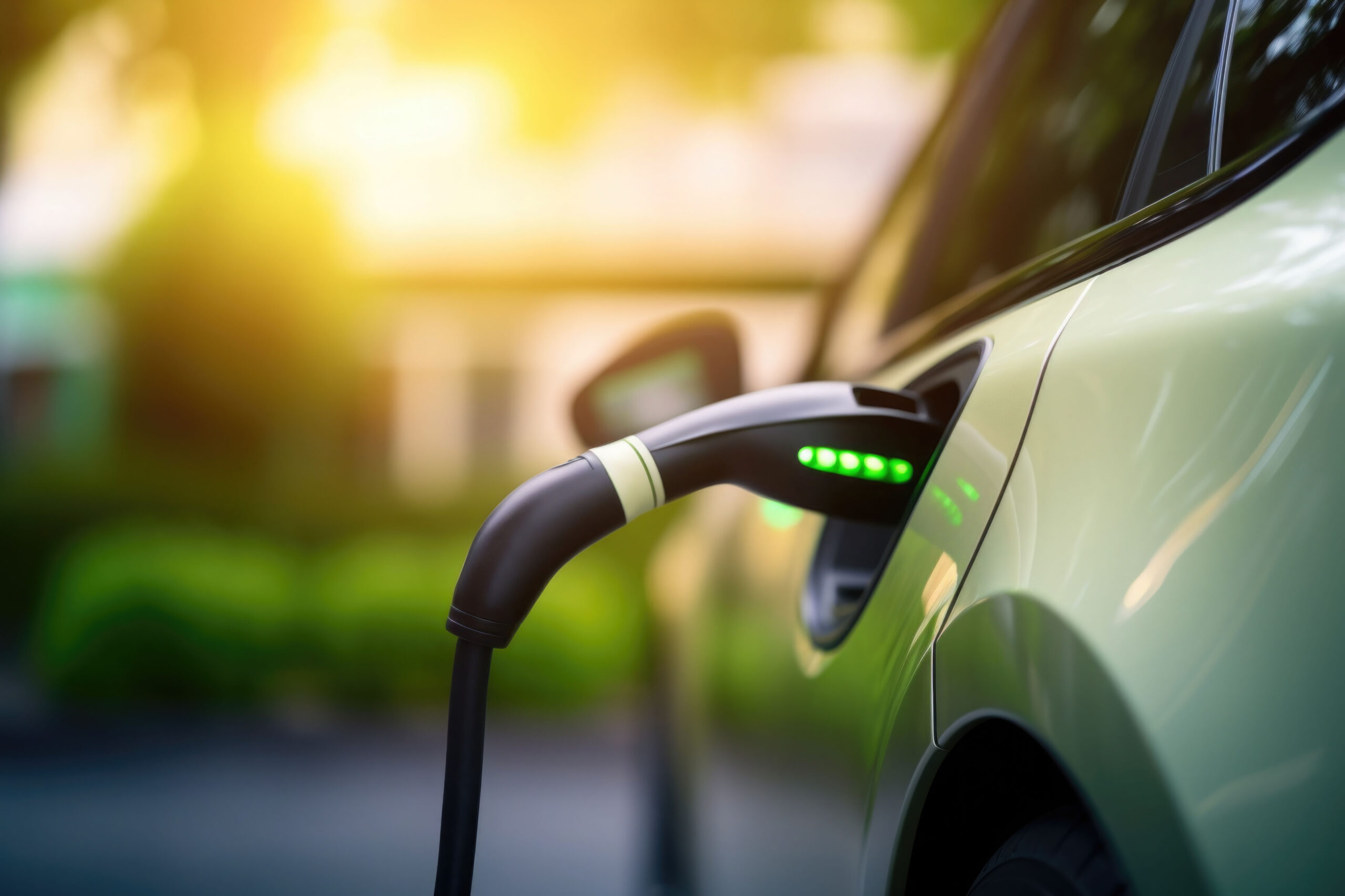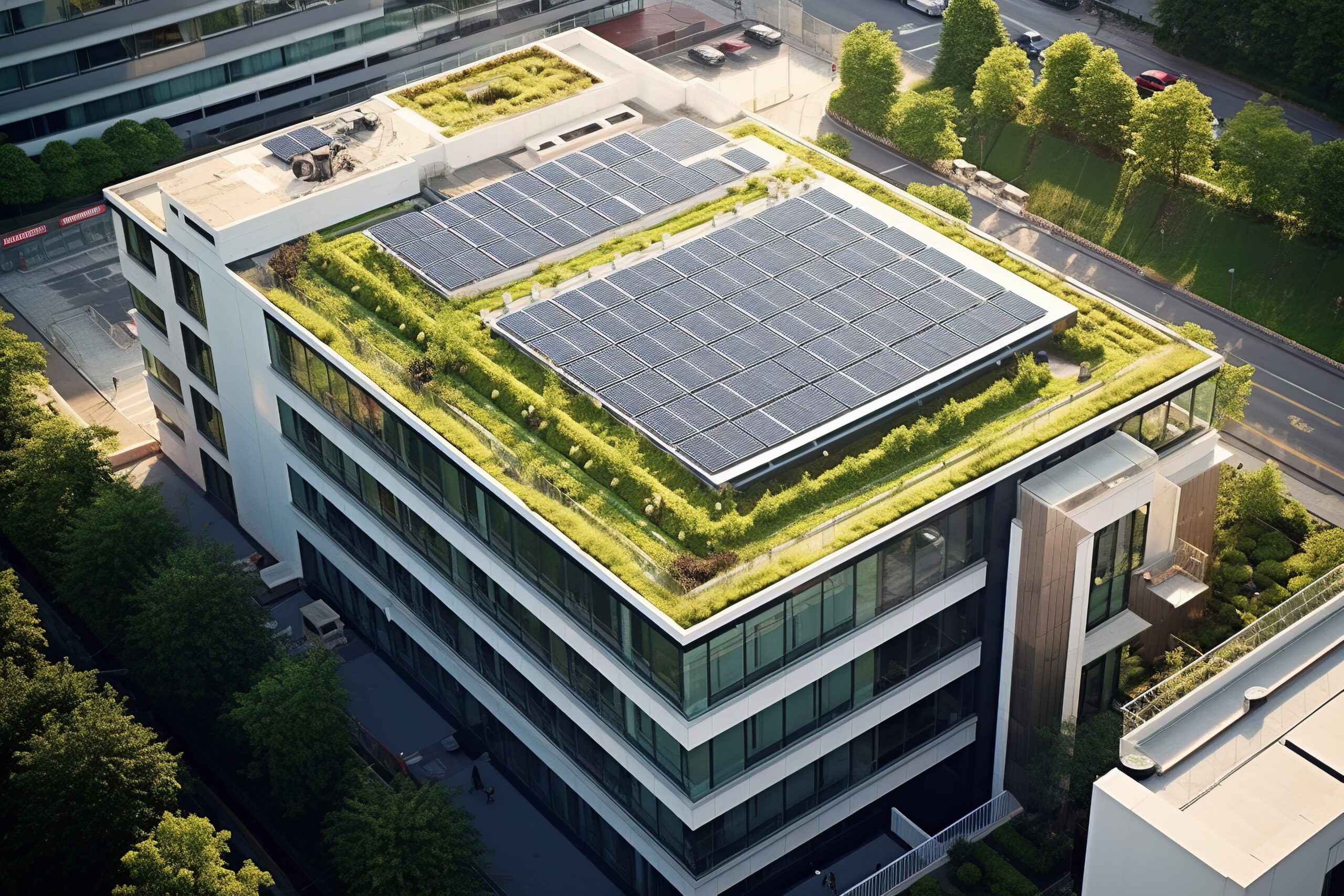
Where to start to save energy
On February 12th 2015, French Senators passed a law that makes it mandatory for the owners of energy-intensive housing to undertake renovation works by 2020; the deadline (previously 2030) was advanced due to the urgency of taking strong measures to reduce France’s carbon footprint. Besides, experts in the energy sector forecast a 30% increase in electricity prices in France by 2016. Renovating housing is a crucial step in order to offset this inflation, including for users who are interacting with various players.
Building renovation
A 2013 Ifop survey showed that 9 in 10 landlords think that energy performance is an essential factor in the decision to purchase housing. This proves that more and more electricity users are concerned about the impact of their consumption. The French ministry of ecology addressed this concern by creating energy performance audits, which have become mandatory for any housing sale or rental. Such audits can only be carried out by certified professionals; they help users gain awareness of the consequences of their consumption on global warming and build on this knowledge to renovate their homes.
Renovation, too, has become mandatory – for energy-intensive buildings – as part of the energy transition effort that is being made all across Europe. It includes heating, insulation and air quality. A first step can consist in installing a low-energy heater (condensation, micro-generation, pellets). Solar heating is even better. As far as air quality in concerned, the use of ground-coupled heat exchangers, combined with heat recovery ventilation systems or heat pumps, guarantees optimum comfort in the home. Proper insulation is also key to achieving energy goals, while home automation could improve performance further.
The EU is mindful of the significant share of home appliances in household energy consumption and has therefore fostered a transition towards low-energy appliances. Energy labels provide European users with information on the energy performance of various appliances. By regularly updating energy efficiency indexes, the EU incentivizes the development of more and more efficient technologies, while banning the sale of the worst-performing equipment.
More energy efficient homes, richer households
Although most European countries have passed legislation to promote energy savings, it is up to users to make the decision to undertake renovation works; potential savings can raise their awareness and encourage them to take action. The US Energy Information Administration reported a steady increase in electricity prices over the past few years. France is no exception; it has raised its electricity tax, which is used to finance, among other things, the development of renewable energy sources. Home renovation could therefore represent an economic opportunity with a long-term return on investment. Besides, wasting energy increases dependency on fossil fuels and thus worsens global warming. Furthermore, renovation helps owners increase the sale or rental value of their property by turning it into high-performance housing, which has become a crucial factor in people’s decision to buy or rent a home.
Policy-makers at EU, national and local levels stepped in to provide users with financial help for renovation projects. Landlords can simultaneously benefit from various subsidies. In France, the online platform Rénovation info service was set up to help users shape their renovation project. Moreover, awareness campaigns promote day-to-day environment-friendly behaviours, which are just as important in the effort to combat climate change.

